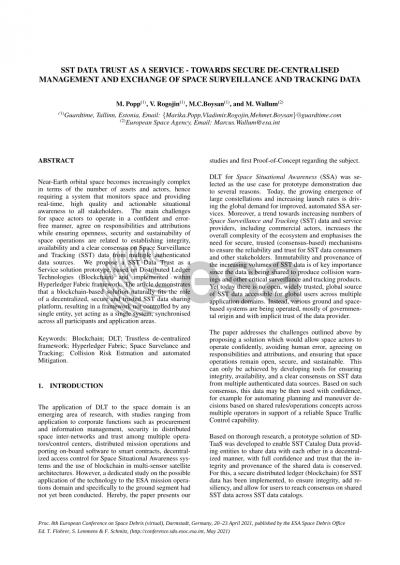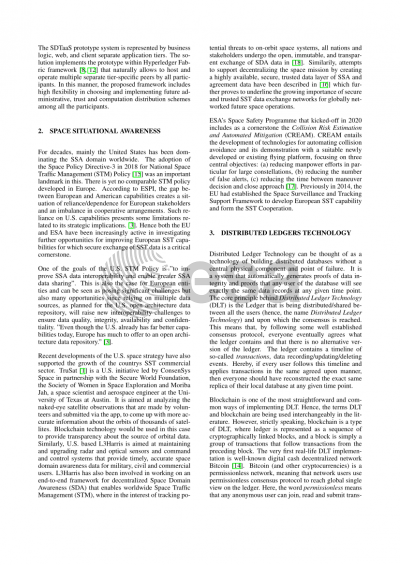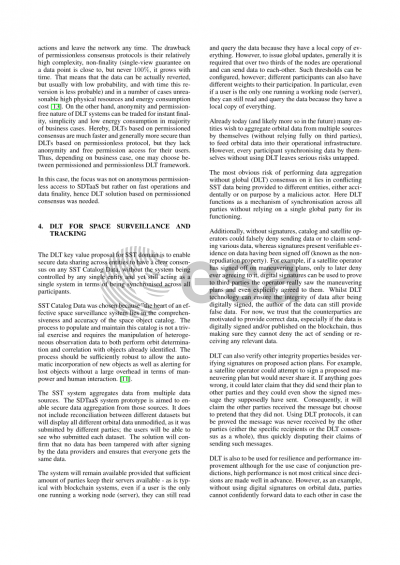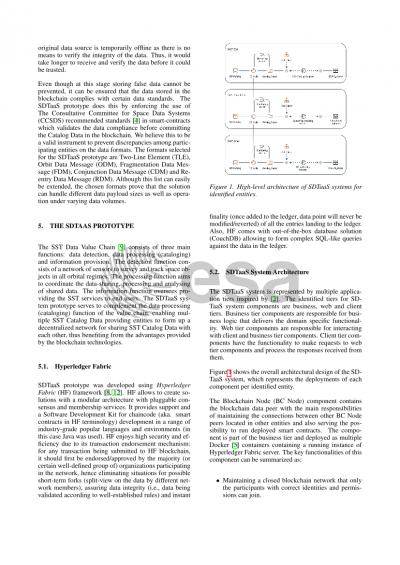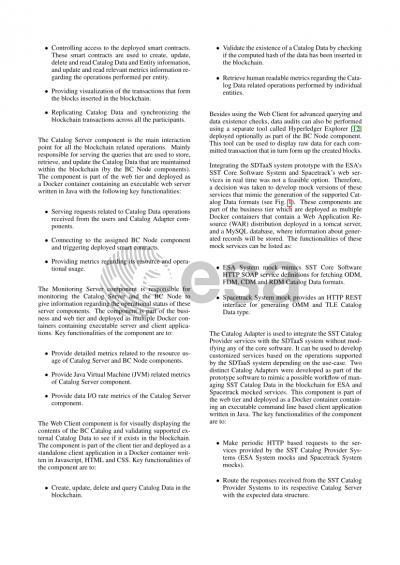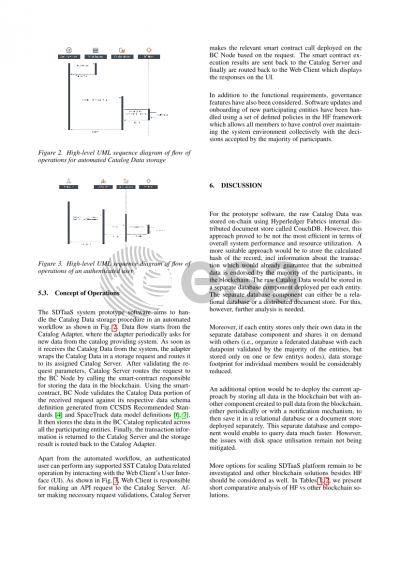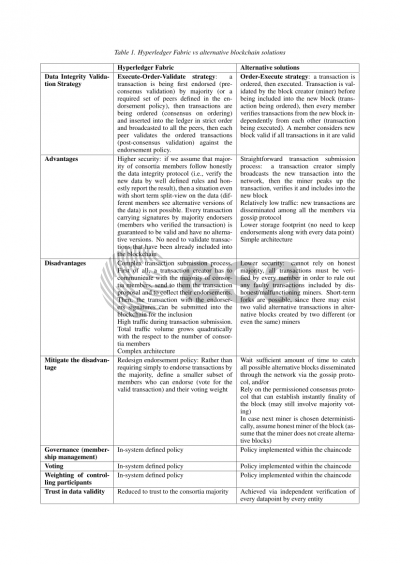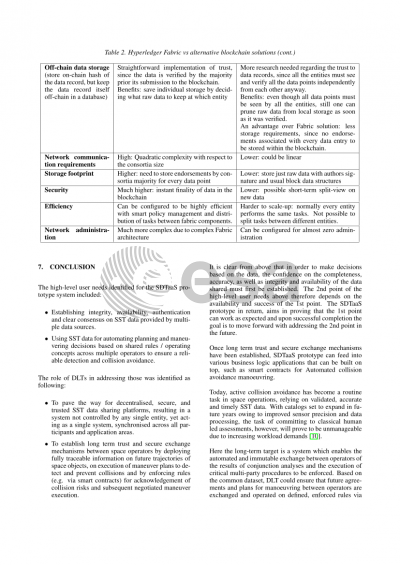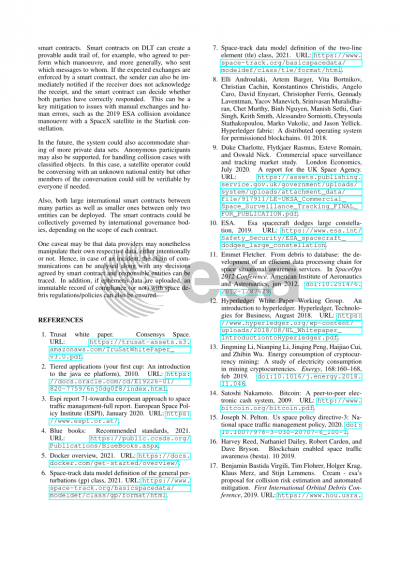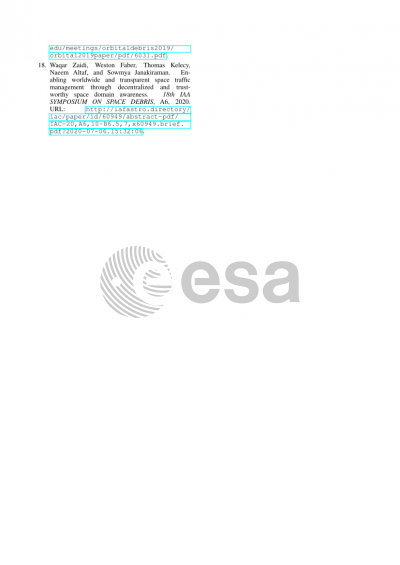Document details

Abstract
Space is becoming more complicated and crowded. Its increasing complexity in terms of the number of assets and actors requires a system that monitors space and provides real-time, high quality and actionable situational awareness to all stakeholders – a ‘Space Traffic Control’ (STC). The growing emergence of large constellations and increasing launch rates is driving the global need for higher precision knowledge and improved, automated Space Situational Awareness services. Yet today there is no open, widely trusted, authoritative source of Space Surveillance and Tracking (SST) data accessible for global users across multiple application domains. Instead, various stand-alone (mainly governmental) ground and space-based systems are currently operated, often with implicit trust of the data provider. A trend towards increasing numbers of SST data and service providers, including commercial actors, increases the overall complexity of the ecosystem and emphasises the need for secure, trusted (consensus-based) mechanisms which can ensure the reliability and trust for SST data consumers and stakeholders. This trust and confidence in the increasing volumes of SST data, which is being shared to produce collision warnings and other critical surveillance and tracking products, are of key importance. Based on the above, the research objective of this paper is to address the challenges outlined above by proposing a solution which would allow space actors to operate confidently, avoiding human error, agreeing on responsibilities and attributions, and ensuring that space operations remain open, secure and sustainable. This can be achieved by developing tools for ensuring integrity, availability, and a clear consensus on SST data from multiple authenticated data sources. Based on such consensus, this data may be used with confidence, for example for automating planning and maneuver decisions based on shared rules/operations concepts across multiple operators in support of a reliable STC capability.
In order to mitigate these concerns, the paper presents the “SST Data Trust Service” solution that is based on Distributed Ledger Technologies. This approach implements a secure distributed ledger (Blockchain) for SST data, and has developed specifically to ensure integrity, add resiliency, and allow for users to reach consensus on shared data across catalogues. The paper proposes a prototype solution that will allow SST Catalogue Data providing entities to share data with each other in a decentralized manner, with full confidence and trust that the integrity and provenance of the shared data is conserved. The SST Data Trust Service prototype system will be represented by business logic, web, and client separate application tiers. The solution will implement the prototype within Hyperledger Fabric framework, that naturally allows to host and operate multiple separate tier-specific peers by all participants. In this manner, the proposed framework includes high flexibility in choosing and implementing future administrative, trust and computation distribution schemes among all the participants. In addition, the paper analyses secure exchange mechanisms between space operators by enforcing rules (e.g. via smart contracts) for the acknowledgement of collision risks and subsequent negotiated procedures (e.g. maneuver execution). The research concludes that a blockchain-based solution naturally fits the role of a de-centralised, secure and trusted SST data sharing platform, resulting in a system not controlled by any single entity, yet acting as a single system, synchronised across all participants and application areas.
Preview
